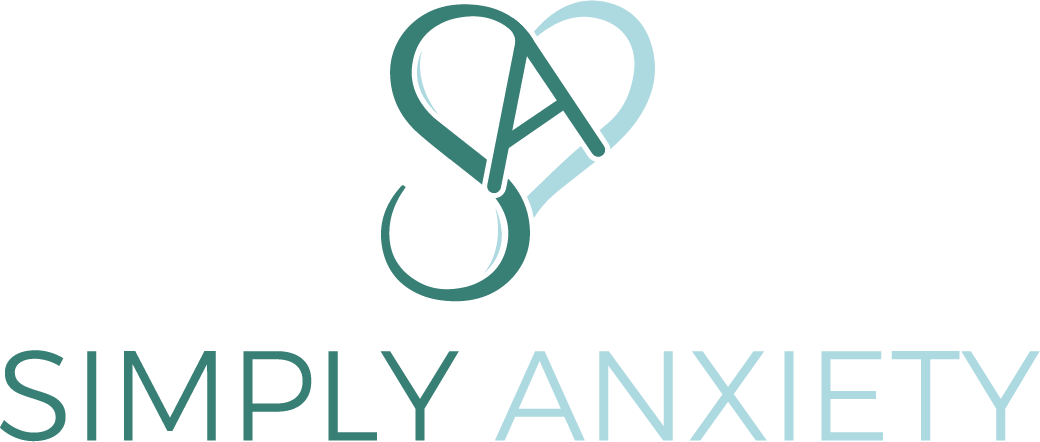Disabled siblings and shame

Table of contents:
- Living with a disabled sibling and it’s effect long term.
- How shame can take hold.
- Internal shame.
- You don’t notice your own shortcomings because your siblings are much louder. So in return you don’t pay attention to yourself.
- Makes you more sensitive as a person long term because you are hyper aware due to experiences you’ve witnessed with your sibling.
- You become a people pleaser and afraid of making mistakes.
- Trying to be problem free with no needs in order to not add more stress on your family.
- You are worth it.
- How to solve it.
- Conclusion
Being the sister or brother of a disabled sibling is a beautiful thing. There are many types of disabilities, some physical and some mental disabilities as well. Every person deserves to be loved and an attempt to be understood.
Long-Term Effects
There is a negative side of being the sibling without issues. You notice that you have the ability to learn, socialize, and excel, while they do not. So, you might think your safe from all flaws if your sibling has a disability.
Unfortunately, you are still not safe from emotional or mental damage yourself. A sibling with a disability can create a wonderful awareness and empathy inside of you from a young age. But a balance has to be created between empathy and your own needs, or it can have negative consequences.
The consequences can be long-term in ways you don’t expect. It creates patterns of thought and ways of acting that do not affect you positively. It is good to know how being the sibling without a disability can shape the way you think and act.
Shame’s Strong Hold
This type of family situation might cause a lot of shame for the sibling without the disability. You might be hyper aware due to your disabled siblings lack of awareness in which you take on embarrassment for them. Or it causes you to hyperfocus on not making mistakes, so you don’t feel embarrassment yourself.
Your social cues might be way beyond your siblings, noticing things they don’t. Perhaps you notice when their being made fun of, bullied or rejected. It hurts to see your disabled sibling being picked on; worst part is they don’t even know it’s happening. You take on that pain because you realize what is happening faster than they can process it.
Now this awareness has caused your senses to heighten when people are performing these behaviors making you more sensitive. If you constantly see the mistreatment happening to your sibling, as a young kid you might rationalize why this happens and how to avoid it. You think to yourself, well they did something wrong that is why they are being bullied. Thus, I will try to please everyone and never make a mistake, so I don’t feel the same pain.
You can’t please everyone
As you get older you realize that all along nothing was wrong with you but the person who is doing the bullying. You can’t please everyone and not everyone will like you, just how you won’t like everyone on this planet either. Eventually you will be rejected, teased, and ridiculed even when you do everything “right.”
A child is willing to take on so much mentally, but it doesn’t mean they should. You might have the tendency to be the perfect child to please your parents. This can be very destructive when you become an adult.
Ignoring Your Own Needs
When I was a young kid, I noticed the struggles my parents were going through with my sibling. So, I made myself as small as possible as to not add to their stress. I required very little, never asked for much, and did everything I could to be perfect.
As an adult, there were these internal issues I identified. A lot of these symptoms lined up with shame. Shame has a deeper meaning than just embarrassment turns out.
What is Shame?
The definition of shame is:
A painful feeling of humiliation or distress caused by the consciousness of wrong or foolish behavior.
Shame manifests itself in damaging ways that you don’t expect.
If it begins in childhood, it will dig its roots deep.
Parents need to be aware of these issues that the non-disabled siblings can deal with. It can cause the child to neglect themselves, their needs and become lost as to who they really are. Making them susceptible to manipulation and sketchy situations.
Is it the child’s fault for sacrificing their resources and privileges to ease their parents’ load or is it the parent’s fault for allowing their children to sacrifice time and time again?
No matter who’s to blame, it leaves a mark. One where you constantly give yourself up to ease someone else. Ignoring the fact that you need resources as well. You need consideration and time from others.
Internal Shame
Shame is the best way to describe these deep-rooted issues that come from having a disabled sibling. You might be a confident person who takes chances in life but you have a deep sense of shame that picks at you. There is a lot of pain that the non-disabled sibling takes on. It might not be as bad in comparison to your sibling, that doesn’t mean you don’t matter.
You are worthy
You are worth the time and effort of another, from a job, or a community. Caring too much about adding to another’s stress causes stress for yourself. You have to find the value in asking for help.
Your value does not come from how much you do not need. You will not be summed up by how much of a mess you didn’t make or how little you made a fuss when you were pushed to the side. In fact, you grow smaller and smaller, until you shrivel up and blow in the wind.
Do not be small. Realize that you have needs and wants that matter, just like every other human being.
How to solve it
Solve it by getting in touch with the inner you.
- How do you wish people to treat you?
- What type of treatment causes a reaction in you?
- What are your wants and needs on a day-to-day basis?
Ask yourself these questions and write down the answers. Explore yourself and try to be aware of your reactions and thoughts when the situation arises in your everyday life.
- Try to change a shameful reaction.
- Define your boundaries to others
- Say no
- Don’t seek validation
- Be who you are unapologetically
Be proud to ask for help. It builds connections with others around you. You gain knowledge through an exchange of words. You succeed in the resource that you need.
Conclusion
Siblings of disabled children learn how to be empathetic from a young age which is a wonderful ability. Even if you don’t have a disabled sibling, you might have the issue of feeling you’re not important in your life. Remind yourself to never be afraid of focusing on your own needs for once.








Charlene mayfield
You write well and from the heart! Loved reading your blog❤️